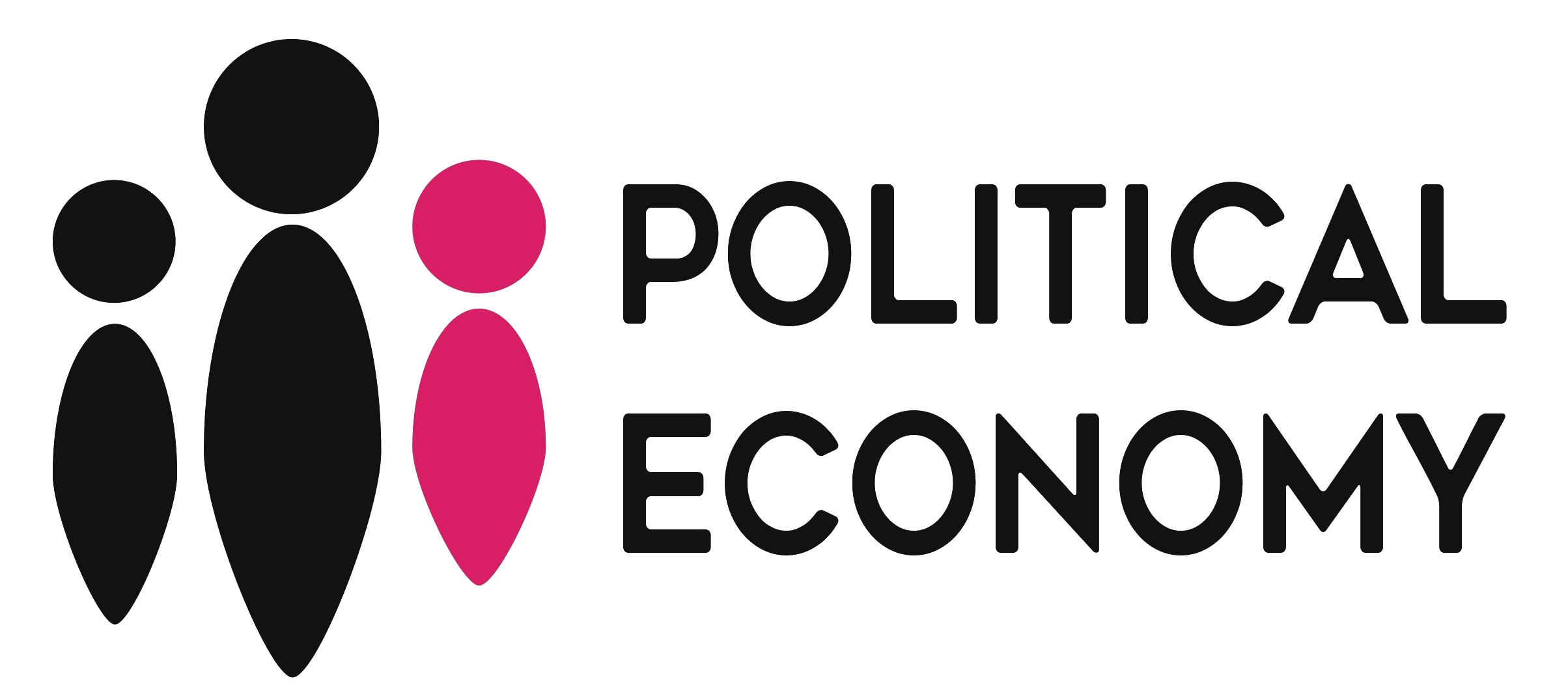Diffusion of Being Pivotal and Immoral Outcomes
-
Author:
Armin Falk, Thomas Neuber and Nora Szech
-
Source:
The Review of Economic Studies (featured paper), 2020, vol. 87, 2205-2229; DOI:10.1093/restud/rdz064
- Date: October 2020
-
We study how the diffusion of being pivotal affects immoral outcomes. In our main experiment, subjects decide about agreeing to kill mice and receiving money versus objecting to kill mice and foregoing the monetary amount. In a baseline condition, subjects decide individually about the life of one mouse. In the main treatment, subjects are organized into groups of eight and decide simultaneously. Eight mice are killed if at least one subject opts for killing. The fraction of subjects agreeing to kill is significantly higher in the main condition compared with the baseline condition. In a second experiment, we run the same baseline and main conditions but use a charity context and additionally study sequential decision making. We replicate our finding from the mouse paradigm. We further show that the observed effects increase with experience, i.e., when we repeat the experiment for a second time. For both experiments, we elicit beliefs about being pivotal, which we validate in a treatment with non-involved observers. We show that beliefs are a main driver of our results.

